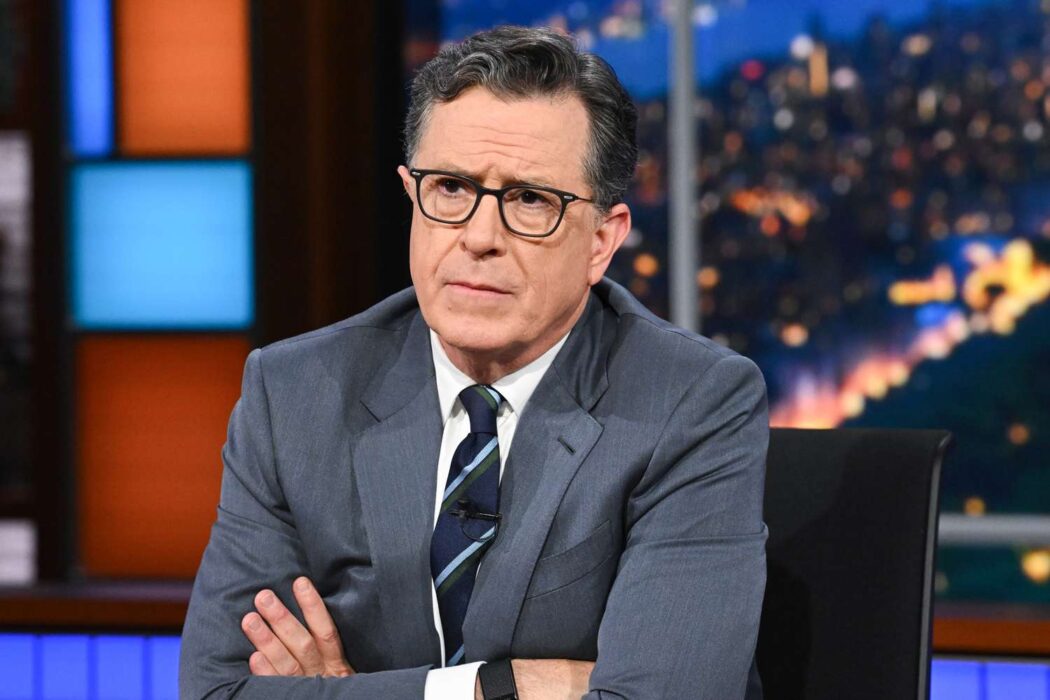The announcement that The Late Show with Stephen Colbert will end in May 2026 has sparked fresh accusations of political retaliation, despite CBS insisting the decision was purely financial.
Senators Adam Schiff (D-Calif.) and Elizabeth Warren (D-Mass.) were quick to suggest ulterior motives behind the move, pointing to Colbert’s recent on-air criticism of CBS’s parent company, Paramount Global, and its $16 million legal settlement with Donald Trump.
The timing of CBS’s decision raised eyebrows in progressive circles. Colbert had labeled the settlement “a big fat bribe” and joked about potential pressure from upcoming corporate changes, including a pending merger between Paramount and Skydance Media. Warren went further, implying a connection between Colbert's vocal commentary and his show's impending end, saying the public “deserves to know if his show was canceled for political reasons.”
Just finished taping with Stephen Colbert who announced his show was cancelled.
If Paramount and CBS ended the Late Show for political reasons, the public deserves to know. And deserves better.
— Adam Schiff (@SenAdamSchiff) July 17, 2025
CBS has pushed back, stating that the cancellation is not related to Colbert’s performance or content, and instead attributed the decision to broader financial headwinds facing late-night television. Industry insiders have noted that corporate consolidations, declining ad revenue, and a fragmented audience in the streaming era have placed traditional broadcast programming under increasing strain.
Despite the outcry, The Late Show is not ending abruptly. It will remain on air through spring 2026, giving CBS ample runway to manage the transition. The move appears aligned with broader industry trends. Paramount has already restructured parts of its entertainment lineup and faces pressure to cut costs amid a volatile media landscape.
CBS canceled Colbert’s show just THREE DAYS after Colbert called out CBS parent company Paramount for its $16M settlement with Trump – a deal that looks like bribery.
America deserves to know if his show was canceled for political reasons.
Watch and share his message. pic.twitter.com/Rz7HcWFLYM
— Elizabeth Warren (@SenWarren) July 18, 2025
Colbert’s show, once a dominant force in late-night television, has seen a notable ratings shift. While still competitive, Fox News Channel’s Gutfeld! has overtaken The Late Show in both total viewers and the key 25–54 demographic. In the second quarter of 2025, Gutfeld! averaged over 3 million viewers, cementing its lead over traditional network talk shows.
Colbert’s tenure, which began in 2015, has been marked by overt political commentary, turning the late-night format into a platform for progressive voices and Democratic guests. Critics of the show argue that its partisan tone alienated moderate and conservative viewers, even as it solidified its core liberal audience.


